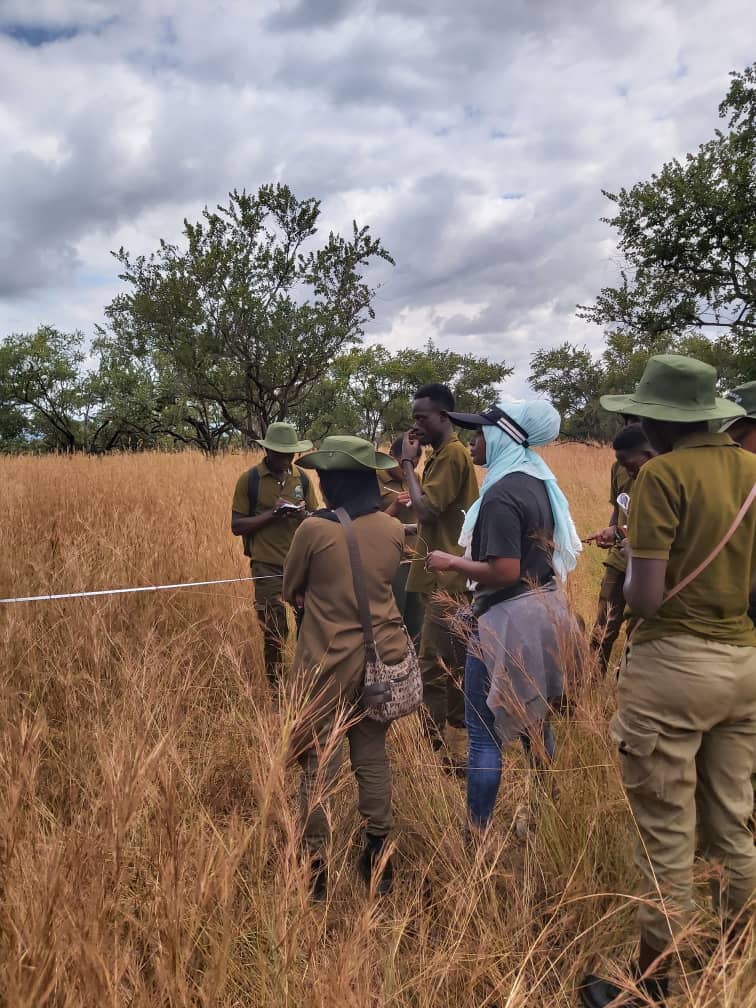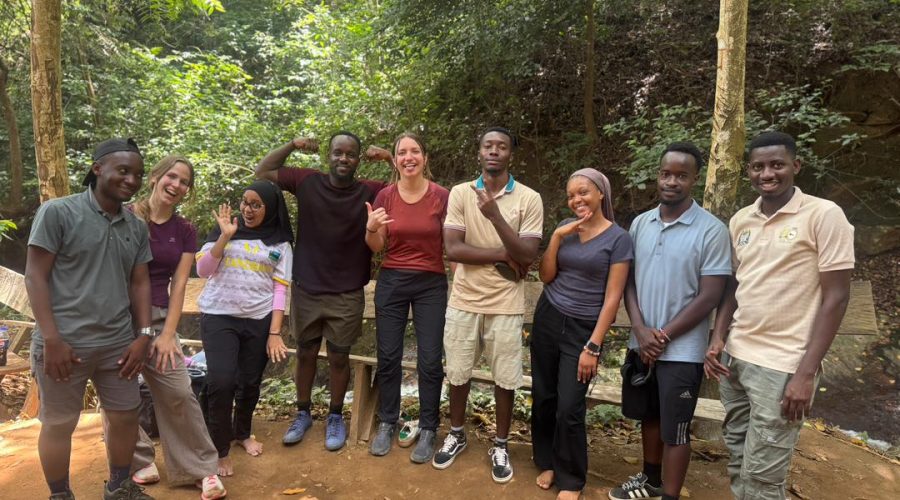Sokoine University of Agriculture‘s Department of Wildlife Management is committed to providing quality education to students who aspire to become better managers of natural resources for the development of the national economy and conservation of forest and wildlife resources in national parks. One of the ways the department achieves this is through field practical training, which is an essential part of the curriculum for students pursuing BSc Wildlife Management. From 19th to 24th June 2023, first-year students pursuing BSc Forestry and BSc Wildlife Management conducted field practical at Mikumi National Park.
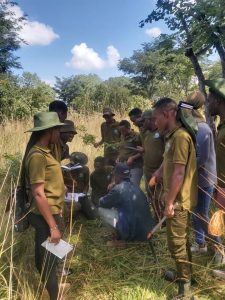
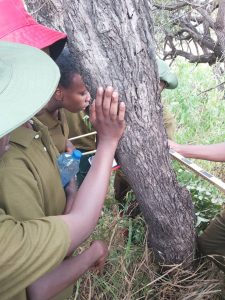
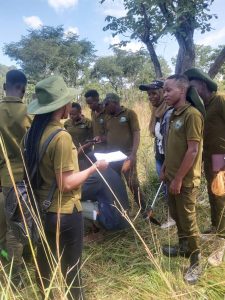
The training focused on botany and ecology, and it provided students with an opportunity to apply the theoretical knowledge they had learned in the classroom to real-world situations. The practical training was designed to enhance the students’ understanding of the natural environment and the challenges involved in managing wildlife resources. The practical training at Mikumi National Park is an important component of the Department of Wildlife Management’s curriculum. It provides students with hands-on experience in wildlife management and conservation, which is essential for their future careers. The training also helps students develop a deeper appreciation for the natural environment and the importance of conservation efforts. The practical training at Mikumi National Park is just one example of the Department of Wildlife Management’s commitment to providing quality education to students. The department’s BSc Wildlife Management program produces wildlife experts with technical, analytical, managerial, and entrepreneurial skills in wildlife enterprise and related industries.
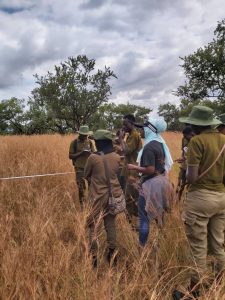
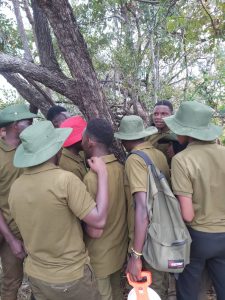
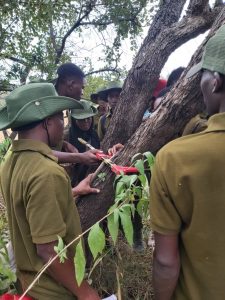
The program is designed to equip students with the knowledge and skills they need to become effective managers of natural resources. In addition to the field practical training at Mikumi National Park, the Department of Wildlife Management offers other opportunities for students to gain practical experience in wildlife management and conservation. For example, the department offers a special project titled “Assessment of Economic Cost of Human-Wildlife Conflicts,” which focuses on formulating management strategies for sustainable conservation of protected areas.
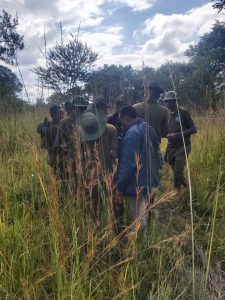
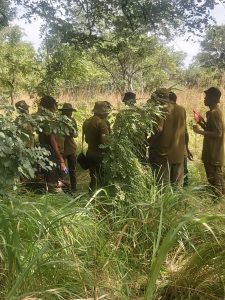
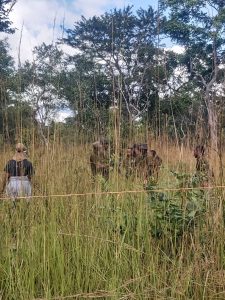
The department also partners with organizations such as the School for Field Studies, which offers study abroad programs in Tanzania that focus on wildlife management, conservation, and climate change.
In conclusion, the field practical training at Mikumi National Park is an essential component of the Department of Wildlife Management’s curriculum. It provides students with hands-on experience in wildlife management and conservation, which is essential for their future careers. The training also helps students develop a deeper appreciation for the natural environment and the importance of conservation efforts. The Department of Wildlife Management’s commitment to providing quality education to students is evident in its programs and partnerships, which aim to produce wildlife experts with the knowledge and skills they need to become effective managers of natural resources.

